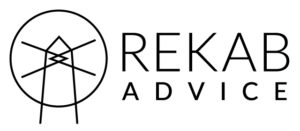And finally, being a financial adviser is hard work, but rewarding. I have made a comfortable life for myself and family, but due to changes in regulation and how we are remunerated the average adviser has taken a financial hit – I am speaking more of the self employed type like myself… so there is no way a one woman business would be able to afford a multimillion dollar property, buy her parents a multimillion dollar property, have millions in jewellery and travel annually to Aspen to ski…. Sadly, her clients were part of a PONZI scheme. which (with all the above information) can be avoided.



